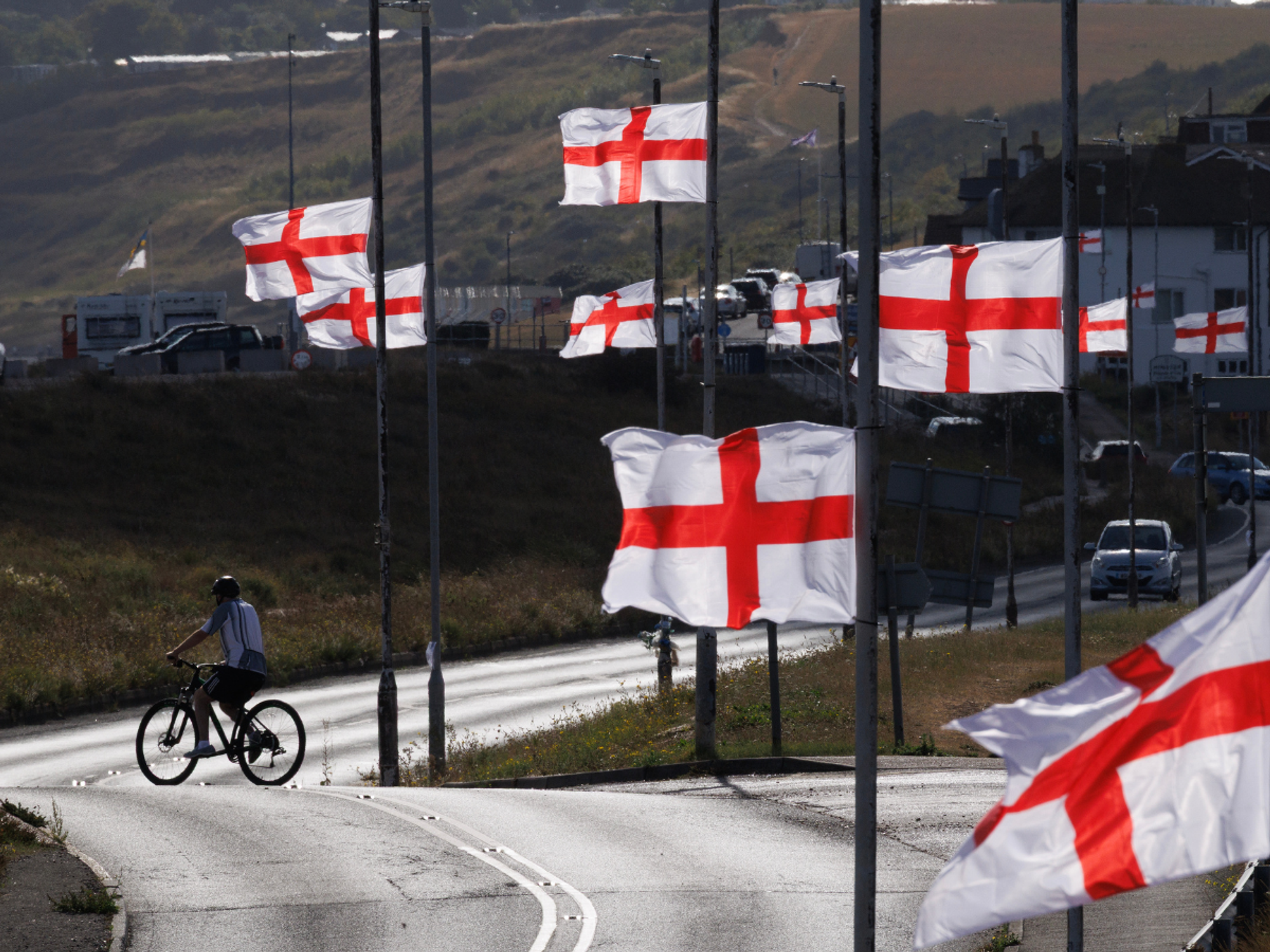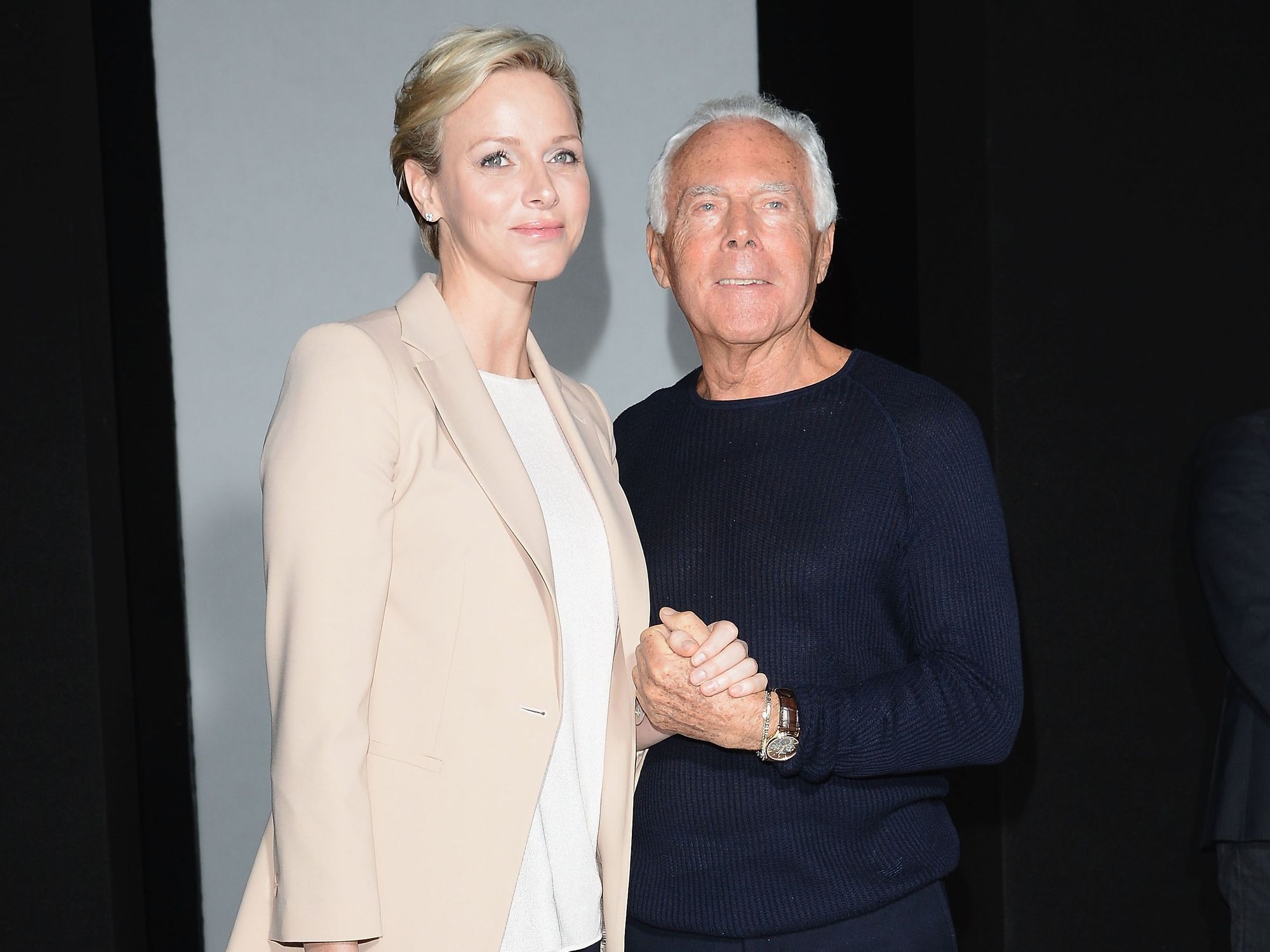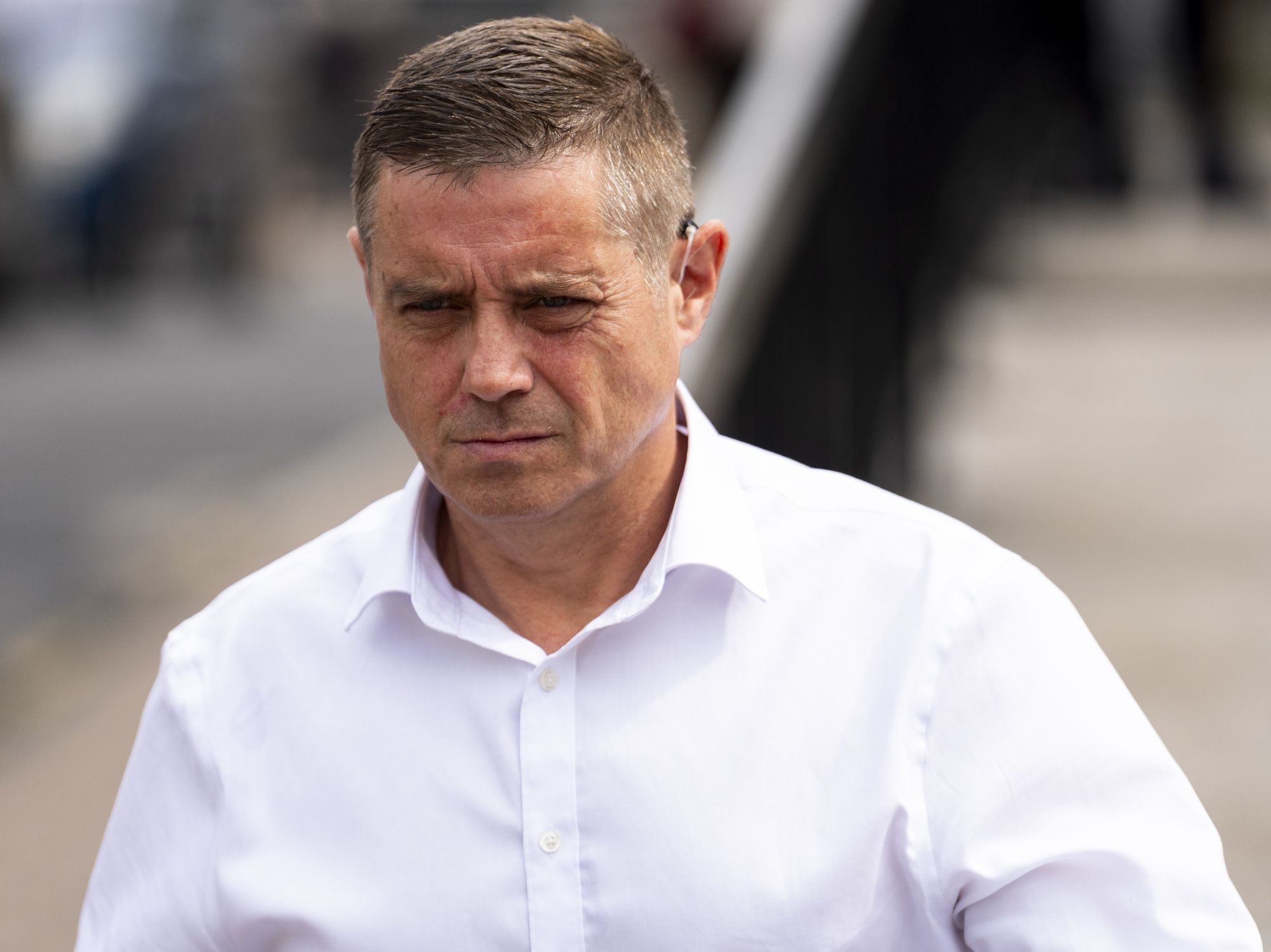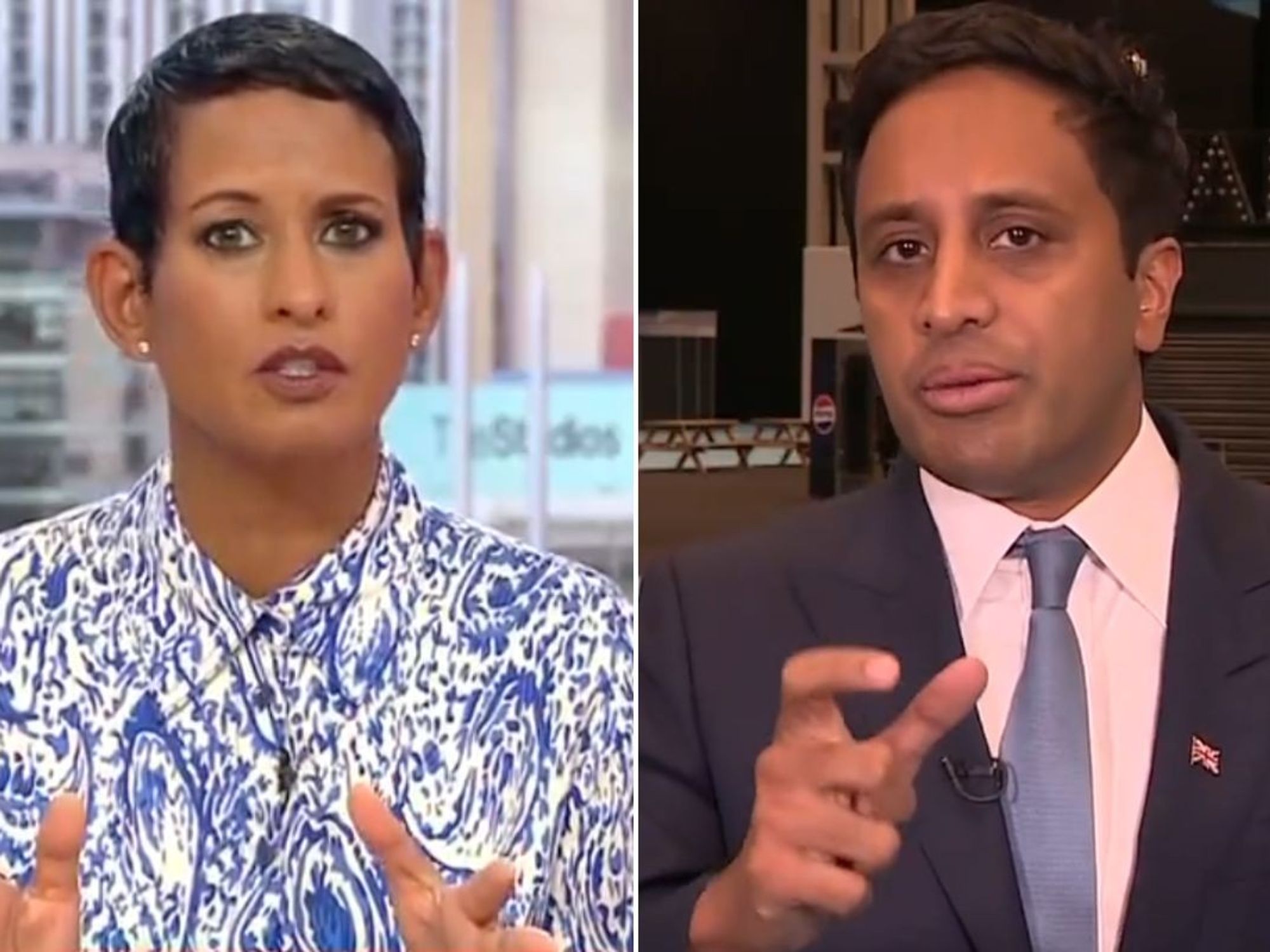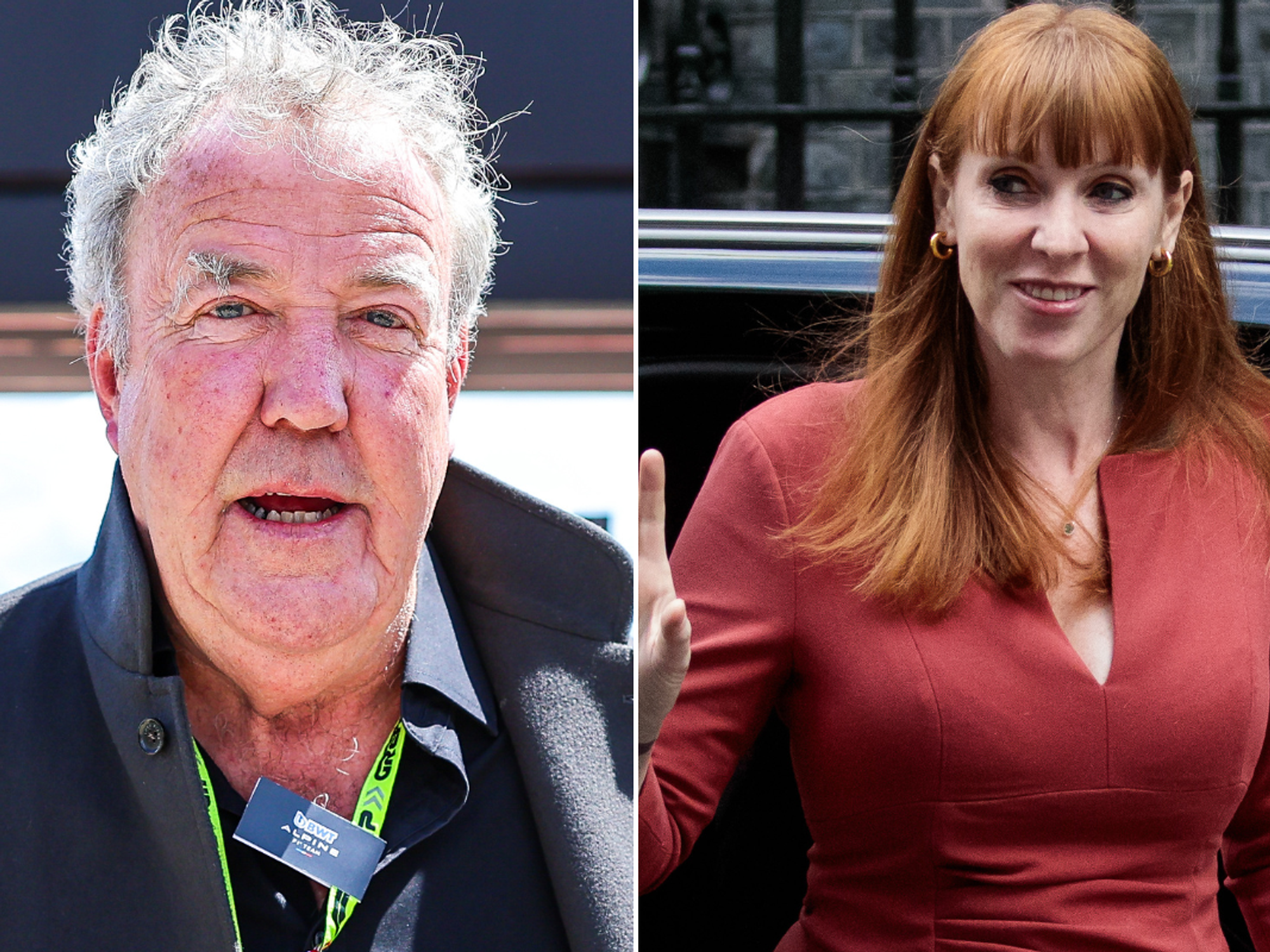Free King Charles portrait rejected by TENS OF THOUSANDS of organisations as public services shun Royal Family
GB NEWS
| King Charles visits RAF Lossiemouth
Ministers hoped the King would be a unifying national symbol
Don't Miss
Most Read
Latest
A scheme to hang King Charles III’s portrait in tens of thousands of public buildings has been branded expensive and unpopular, according to the Guardian, after a Freedom of Information request revealed fewer than a third of eligible institutions took part.
The Cabinet Office programme, launched around the time of the Coronation, aimed to provide framed images of the King in naval uniform to community venues across the UK.
Ministers hoped the King would be a unifying national symbol, visible in places such as churches and council offices.
Oliver Dowden, the then-deputy Prime Minister, said at the time that the portraits would be “a reminder of the example set by our ultimate public servant.”
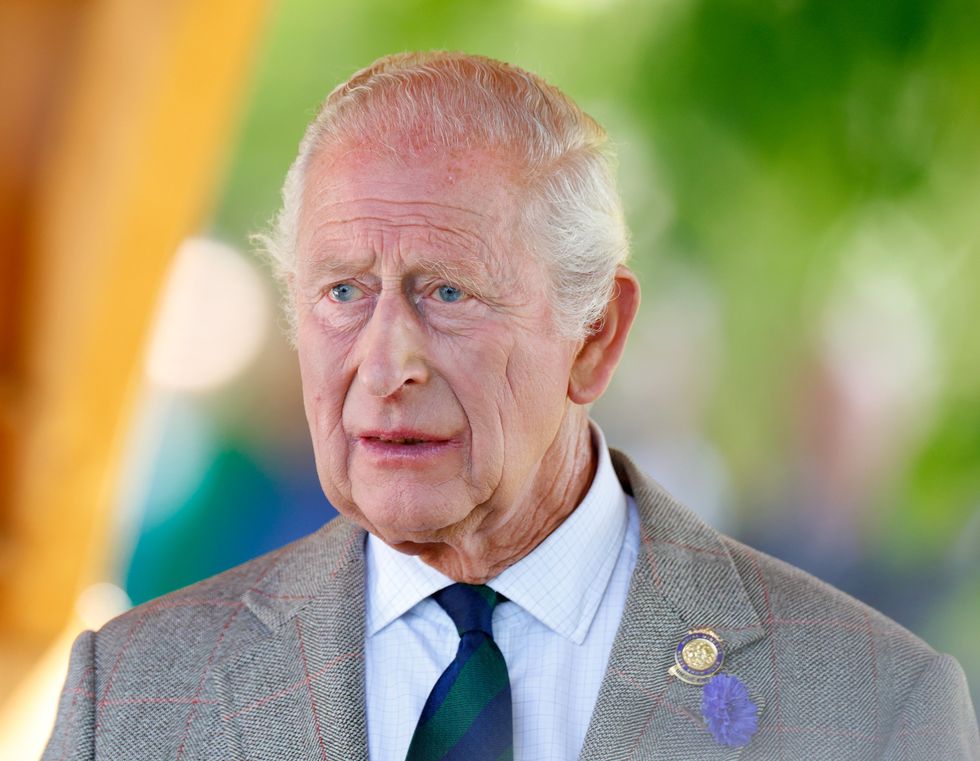
GETTY
|Free King Charles portrait is rejected by 46,000 organisations in huge blow
But figures obtained by the Guardian show that just 20,000 organisations, 31 per cent of those eligible, accepted the free portrait, at a total cost of more than £2.7million.
More than 46,000 turned down the offer, resulting in a 69 per cent rejection rate.
Hospitals showed little interest, with only three per cent displaying the image, and just seven per cent of universities taking part.
Around a quarter of Church of England parishes agreed to hang it, despite the King being their Supreme Governor.
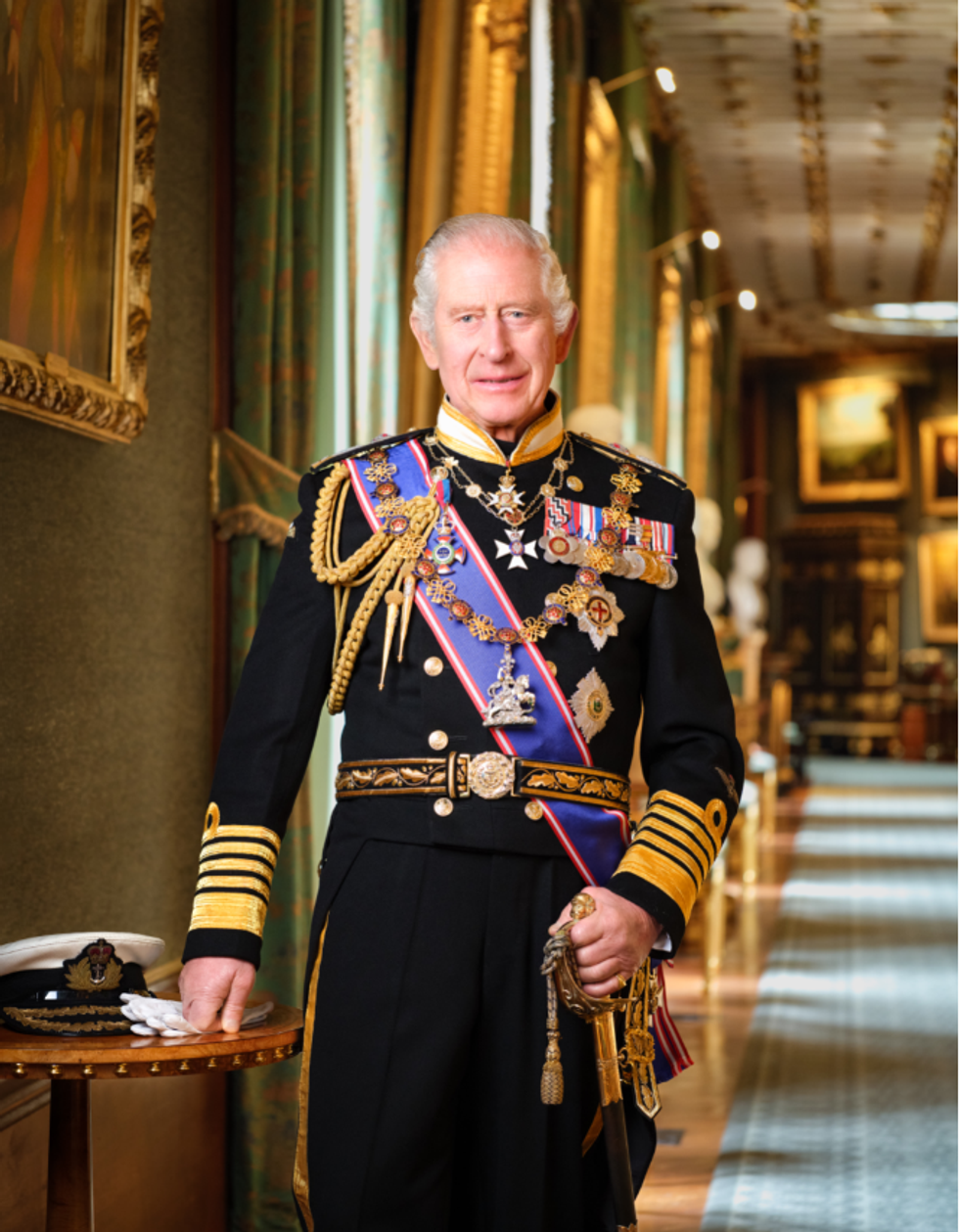 PA | This portrait was rejected by 46,000 organisations
PA | This portrait was rejected by 46,000 organisations
Local councils were far more receptive, with 73 per cent accepting the portrait, and every single one of the country’s 23 coastguard organisations taking one.
In addition, supporters of the scheme argue that royal portraits are a long-standing tradition in the UK and can help foster a sense of national identity, particularly in public spaces.
They also point out that the portraits were offered at no cost to the institutions, with the Government covering the expense as part of wider coronation celebrations.
Some local councils and public bodies have praised the initiative for adding a ceremonial touch to their buildings, with the coastguard’s unanimous uptake highlighting pockets of strong enthusiasm.
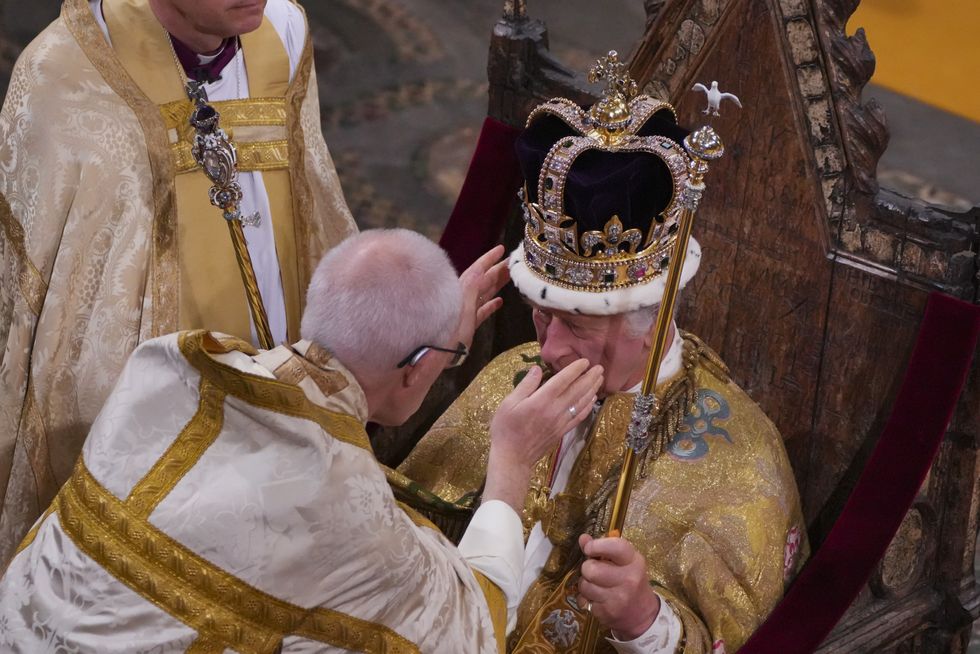 PA |
PA | The Coronation of King Charles III took place in May 2023
The Cabinet Office refused to tell the outlet where the portraits were displayed, warning that naming recipients could “give rise to controversy” and create “negative public perception.”
In its FOI response, the Government told the publication: “The public may have an interest in knowing which institutions applied for the King’s portrait.
"However, the likely motivation behind such interest may focus more on identifying which organisations did not apply rather than understanding government decision making or policy effectiveness.
LATEST ROYAL NEWS:
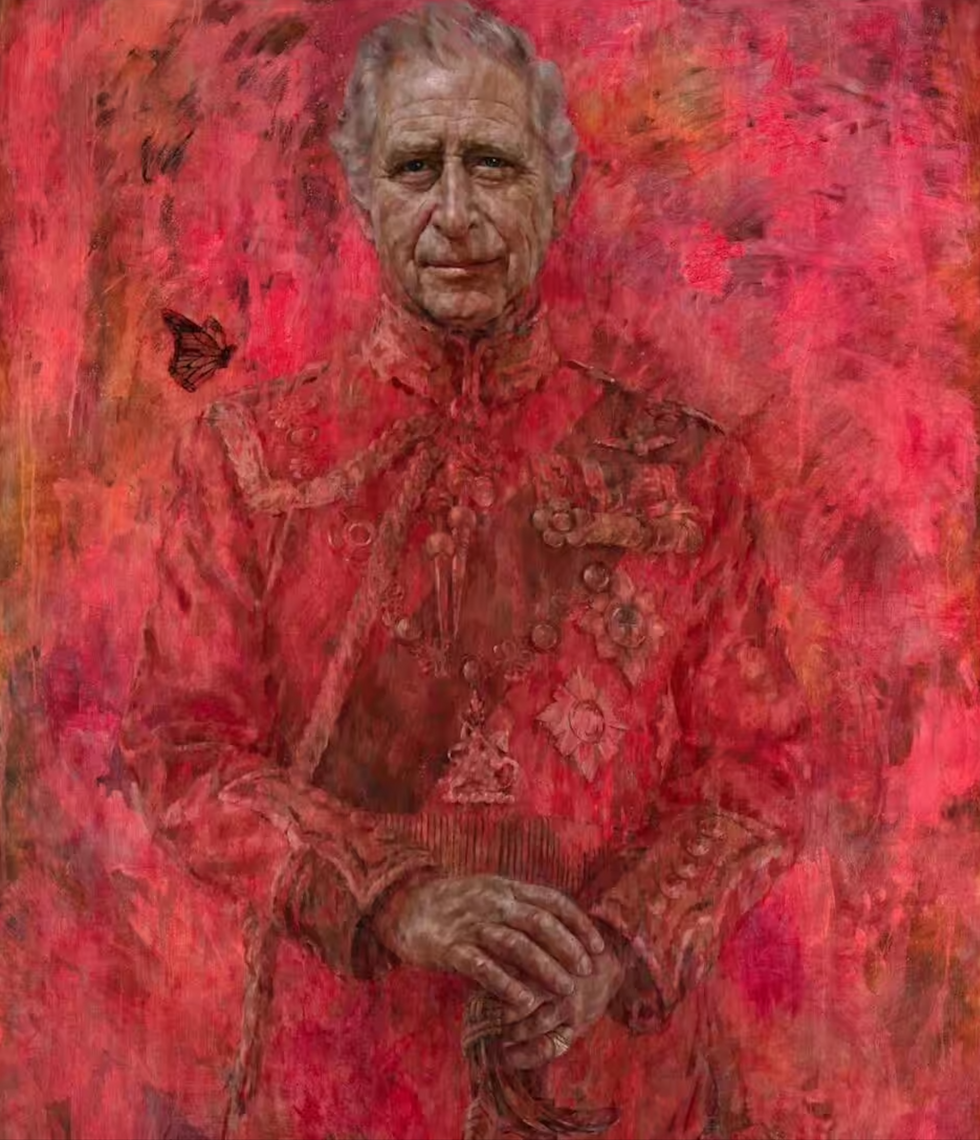 PA |
PA | This was first official portrait of King Charles after his Coronation
"This type of scrutiny does not necessarily serve a broader public interest and could unfairly single out institutions for criticism over a discretionary decision that does not impact their ability to provide public services.
"This type of negative attention could discourage organisations from engaging in similar schemes in the future due to negative media coverage or reputational harm.”
Graham Smith, chairman of anti-monarchy group Republic, claimed the Government was covering up “spending money we don’t have on a man we didn’t elect.”
The Guardian reported that polling suggests support for the monarchy is in “steady decline”, though the coastguard appears fully on side.





